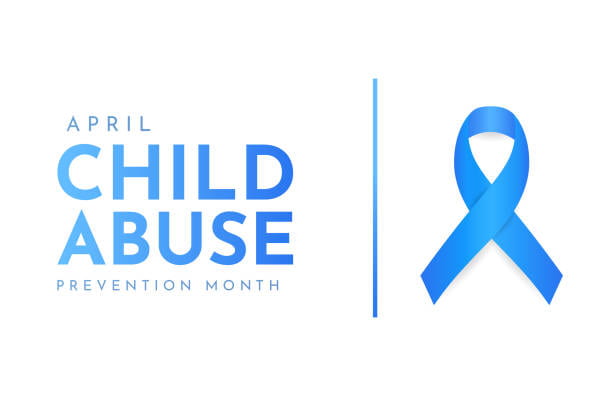Sadly, at least 1 in 7 children under the age of 18 experienced some form of child abuse or neglect during the past year in the United States. In 2020, 1,750 children died of abuse and neglect, according to the CDC.
The four most common types of abuse and neglect are:
- Physical abuse – which is defined as an intentional use of force that results in physical injury or death. Some examples of physical abuse are kicking, biting, force feeding, burning, hitting, and shaking.
- Sexual abuse – which is defined as any sexual act with a child performed by an adult or an older youth, and can include fondling, oral contact, penetration, exposing genitals to a child, showing pornographic images to a child, or using the child as a model to make pornographic images.
- Emotional abuse – which is a pattern of interactions between an adult and child that harms a child’s self-worth or emotional well-being. Some examples include shaming, criticizing, ignoring, rejecting, name-calling, withholding love, and threatening.
- Neglect – which is the failure to meet a child’s basic needs of housing, food, clothing, education, access to medical care, as well as emotional needs.
The consequences of child abuse are many. Children who have been abused or neglected not only suffer the immediate physical injuries and emotional trauma caused by abuse, but are also likely to have long term effects. Children who have been abused or neglected have an increased risk for future violence, substance abuse, sexually transmitted infections, delayed or altered brain development, post-traumatic stress disorder, learning and attention difficulties.
Child abuse and neglect can be prevented by minimizing risk factors such as substance abuse, poverty, lack of knowledge of child development, mental health issues, and low educational level, and by increasing protective factors.
Some known protective factors include having caregivers who:
- provide the child with a safe, nurturing, and responsive relationship
- have an understanding of child development
- use positive parenting practice and discipline
- provide emotional support for the child
- have a college degree and steady employment
- provide the child with basic needs
- have a strong support network
For programs on child development and parenting, visit our events page at https://ccesuffolk.org/events New programs are listed all the time.
For more information on child abuse, visit: https://www.childwelfare.gov/topics/preventing/preventionmonth/
All Blogs are written by Professionals in the fields of Nutrition, Human Development and Diabetes.
